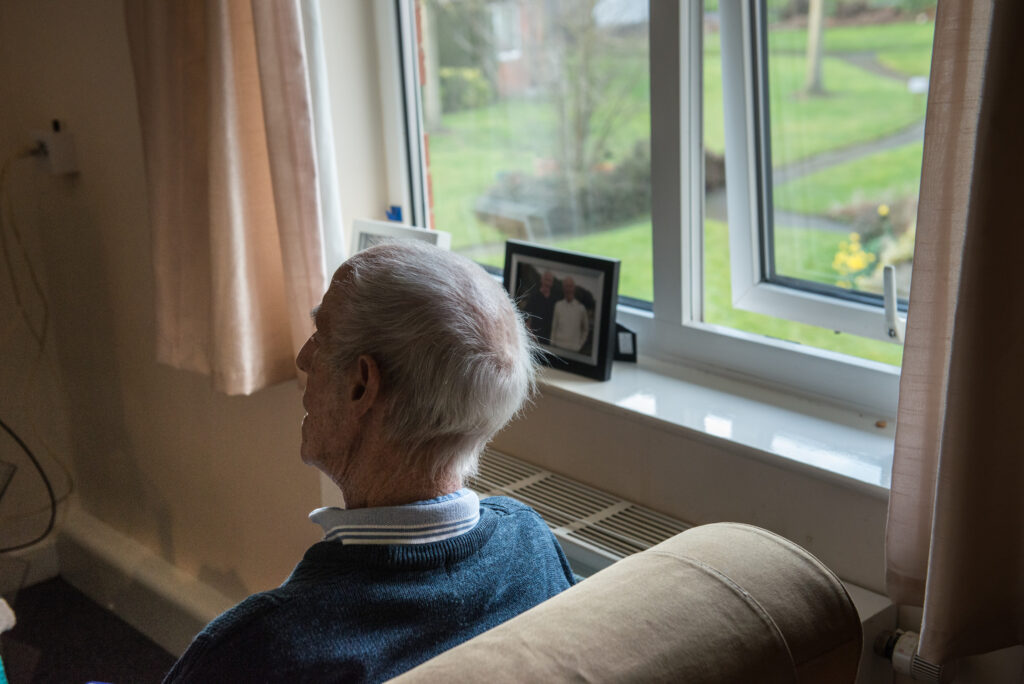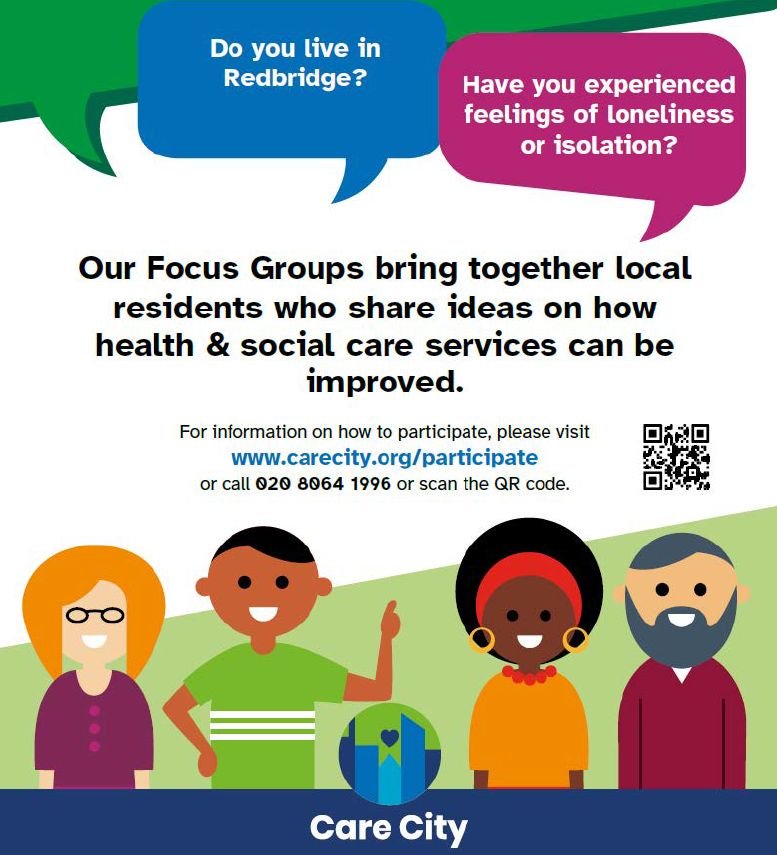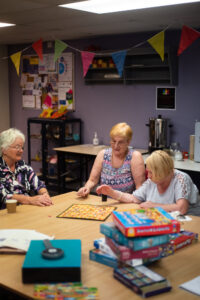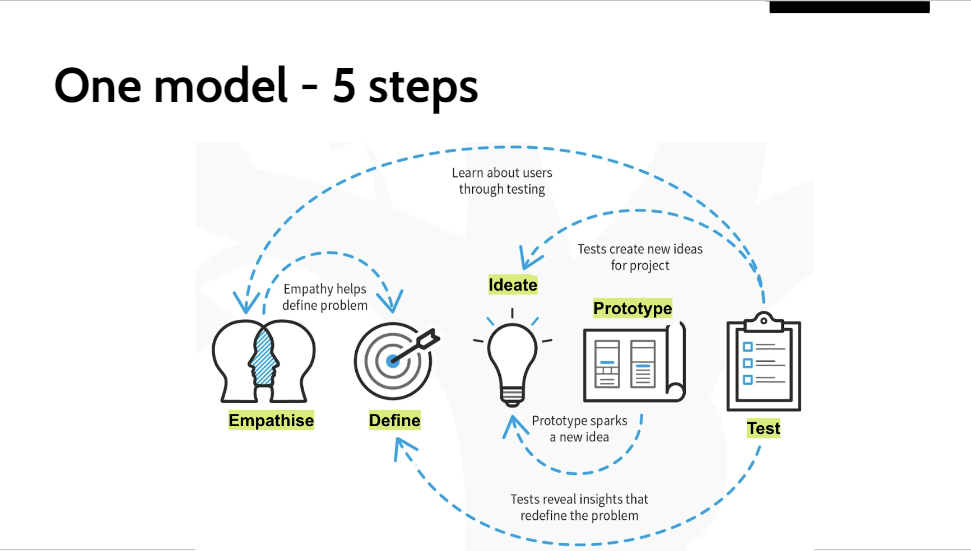Building a community system resilience model to tackle social isolation

James Sinclair’s blog looks at the commitments, systems and communities we need to begin to make a real difference to those feeling socially isolated and lonely.
Social isolation and loneliness are associated with significant increases in the risk of dementia, heart disease, stroke, and mental health problems. These are levels of risk which rival that of the cigarette. But unlike rates of smoking which have plummeted in the last 60 years, loneliness and social isolation have seen a steady, seemingly inexorable, rise.
This rise hasn’t been the same for everyone. Social isolation and loneliness are quiet drivers of health inequalities across the lifespan with certain groups at greater risk: new mothers, children and young people experiencing bullying, people with long-term conditions and disability, unemployed adults, carers, retired people, and LGBTQ+ people.
So what can we do about social isolation when a lack of social connections seems such a societally embedded problem?
The evidence for interventions that improve social isolation and loneliness is mixed at best, but reviews of these interventions have identified core features of the more successful approaches. These include being: adaptable and tailored to the individual/specific groups; developed and delivered with the community with support from health, care and VCSE sectors; sustainable in the long term; and with a combination of cognitive/educational components/facilitated communication/networking between peers.
That interventions must be adaptable to the individual and delivered across sectors, including the community itself, highlights the multi-factor, individually, socially and culturally variable causes and maintainers of social isolation. Local work must therefore be done first to identify the needs of residents and the root causes of this isolation. Only with this foundation can an approach be built that truly works for local residents.
And it is an approach that is required, not simply an intervention. This is a public health crisis and one that requires a response from the public. Social connections are the very fabric of communities and we must work with and for our residents to help these connections thrive. This will require ways of working with the community which extends well beyond lip service to top down ‘public engagement’ and truly involves them in the design, delivery and sustainability of any approach.
Support from across the whole system will be required to support this approach with Health, Care and VCSE working in partnership.
Only by working as an integrated system can the true benefit of any approach to social isolation be realised, both to residents and the system itself in terms of improved outcomes and financial sustainability.
Working together will mean spending together and saving together: abandoning siloed thinking to create radically new models of funding. Working together might also mean standing aside together and getting out of the way of the communities doing what only they can, whilst providing support and assets from the side.
This is why Care City is so excited to be working with the London Borough of Barking and Dagenham, the BD Collective and local health and care partners to coordinate an innovative and exciting programme to build a community system resilience model to support those who are socially isolated upon discharge from hospital. This work will begin, where it must, with the community and understanding their needs and we will build from there.
We are also working with colleagues in Redbridge to develop their own approach to social isolation. It’s great to see so many localities begin to address this issue and whilst the approach must be local, the learnings must be shared and we look forward to facilitating that process and ensuring that everyone knows which approaches are working and which are not.

Social isolation is a public health crisis, but we might just have the right commitments, the right systems and the right communities to begin to make a real difference.
Lacking social connection is as dangerous to health as smoking up to 15 cigarettes a day and twice as risky as consuming six alcoholic drinks daily. This is the stark warning from the US surgeon-general, Vivek Murthy, who has released an advisory urging public officials to take loneliness as seriously as matters such as obesity or drug abuse.
The Guardian

Read Emily Brook’s blog “Building the space for friendship in Barking & Dagenham”


